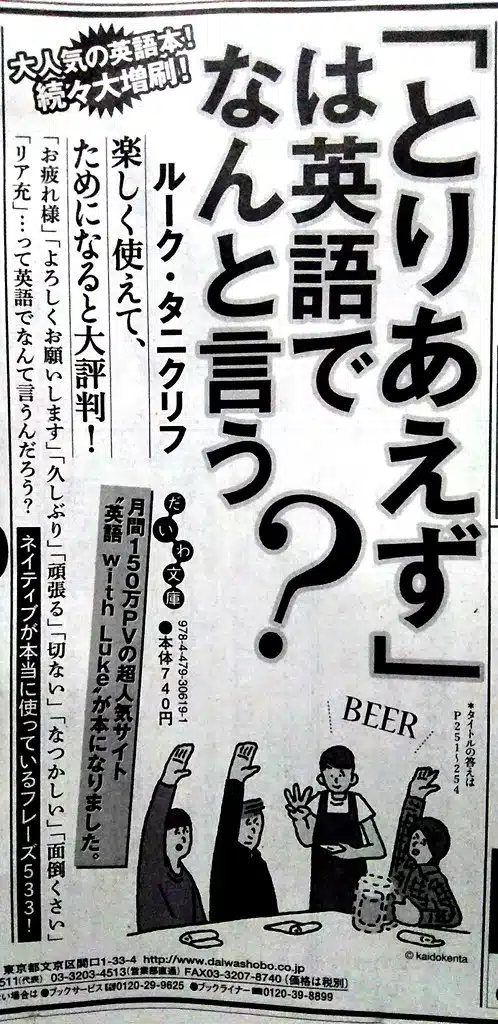Posted inQuestion about Japan
What not to say to a Japanese girl?
The article provides a list of things to avoid saying or doing when dating a Japanese girl, highlighting the importance of being mindful of cultural differences and avoiding insensitive or offensive comments. The list includes avoiding assumptions about their culture, avoiding controversial topics, being respectful of their modesty and avoiding overly aggressive or sexual language, among other things. The article emphasizes the importance of respecting their customs and building a strong foundation for a successful relationship.








